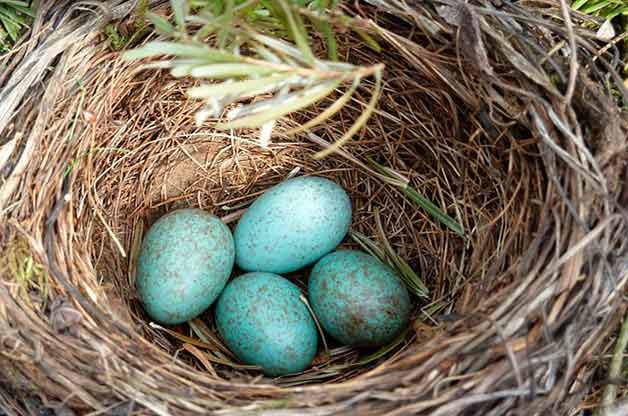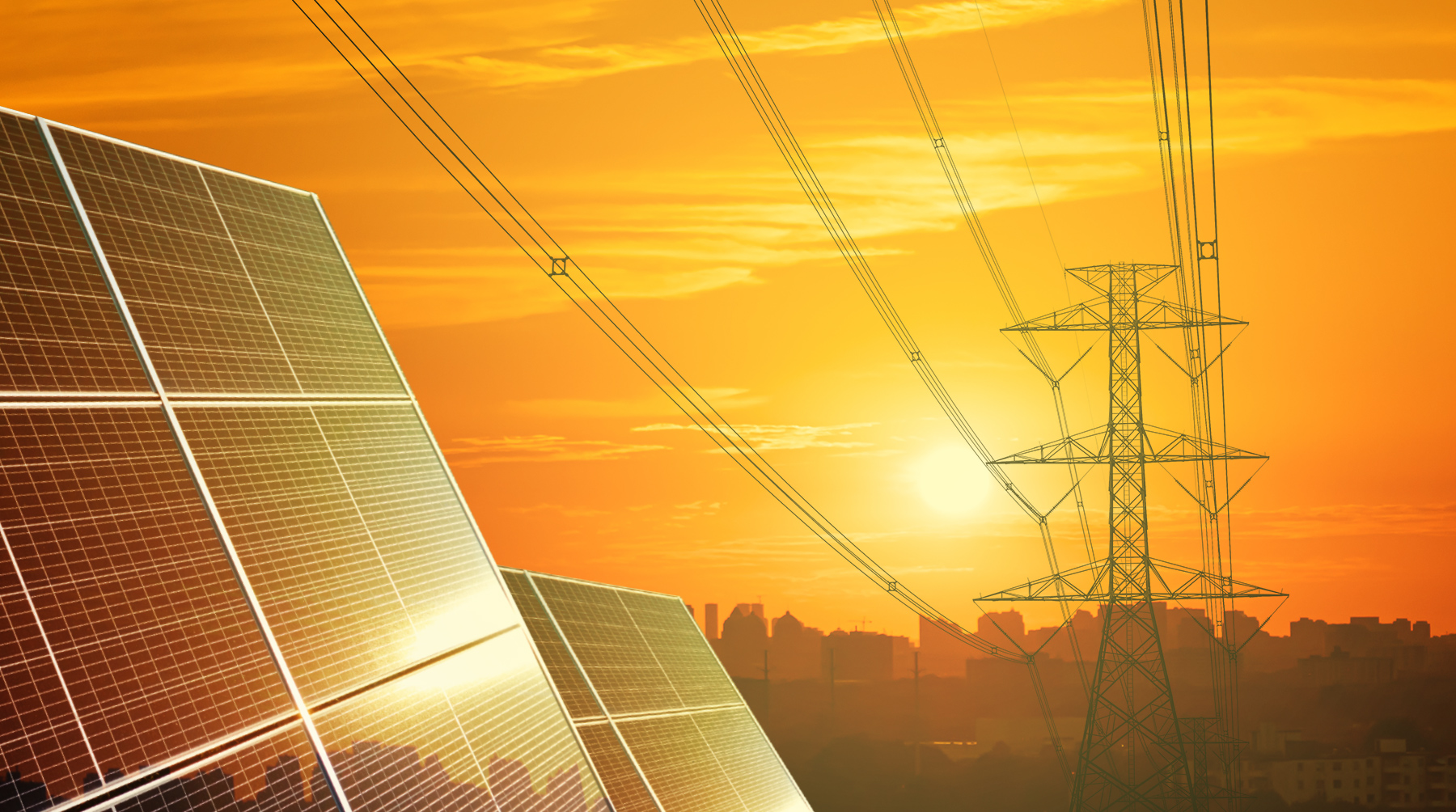By Ryan Wood, Head of Residential Sales at Evergen
As we face trying times navigating the COVID-19 pandemic, we are also coming to terms with new norms. Staying indoors – working from home, home-schooling our children through online education, and increased physical and social distancing measures, and generally having more time on our hands at home. Many of us are using this time to catch up on movies and television shows, reading a book, or simply reconnecting with our immediate family and recharging our batteries. Some of us are also using this increased nesting time reorganising the home, from spring-cleaning to DIY projects.
The possibility of further lock-downs and a lengthier period of home isolation seems to be inevitable to help flatten the curve. At the same time, we have and continue to see an increasing demand and rising prices during this hibernation period. We are lucky in Australia to have an abundance of food and groceries available on shelves and accessible with competitive pricing. However, our energy industry is not so lucky. As the demand for energy increases, we are seeing the added pressure on our grids and the affordability of electricity reduce.
The COVID-19 pandemic will pass. Climate change will continue.
It was only months ago when we were facing a national climate change crisis which still lingers during this health crisis. While the bushfires and floods have subsided, household energy costs have risen 117% in the past 10 years. Energy supply is becoming increasingly unstable in many parts of the country and our climate is now one degree warmer compared to pre-industrial times. There is a simple solution to help combat climate change – but, it requires us all to do our bit.
While we are required to stay indoors presents an opportunity to start homesteading and become more energy self-sufficient in your home – which has now also become a working and learning environment – reduce energy bills and save money.
Three green investment solutions for the home – these three approaches will save you money as well as make you money:
1. When building or renovating, use sustainable materials
From the frame of your home to the flooring inside it, sustainable building materials can reduce the impact of the construction on the environment. Wood is a renewable resource when you choose a supplier who follows sustainable planting practices. There are new flooring products available that are environmentally friendly and great for home insulation, with ratings and climate control efficiency flourishing. Modern flooring solutions include bamboo, cork and linoleum, which are made of natural, renewable materials.
2. Energy Star appliances can significantly reduce your electricity bills
On average, home appliances including clothes washers, dryers, dishwashers, refrigerators, freezers, air purifiers and humidifiers can account for 20% of your home’s total electricity bill. The average home appliance lasts for 10 to 20 years, and an Energy Star-certified appliance will use anywhere from 10% to 50% less energy each year than a non-energy efficient equivalent, which is especially important when you recognise that electricity rates are increasing every year.
3. Install solar and battery storage into your home
Our average customer is estimated to generate $62,775 of savings for the lifetime of their system and they have enabled themselves to be 80% self-sufficient – meaning only 20% of their annual electricity consumption comes from the grid. They can also sell excess energy back to the grid and make a profit. Evergen Intelligent Control software takes energy artificial intelligence to the next level as it is able to analyse weather forecasts, your tariff structure, state of charge, solar generation, system health, energy loads and 36 other data sets to optimise how your energy is stored and used in your home. Over time, your system continues to monitor how you use your electricity and constantly analyses your home’s energy profile to ensure it is always consuming the cheapest form of electricity.
Energy efficient homes are in high demand as homeowners consider the most cost-efficient energy sources – solar power by far is the most cost-efficient. This not only reduces the cost burden for households but also contributes to improving our quality of life and the planet.
We are all in a position to reset and re-emerge from this pandemic with a renewed set of values and focus on more ‘conscious’ behaviour and choices. Investing in green, renewable energy solutions is a way to keep tackling our climate change crisis, create more self-reliance and stability, whilst saving money at the same time.



